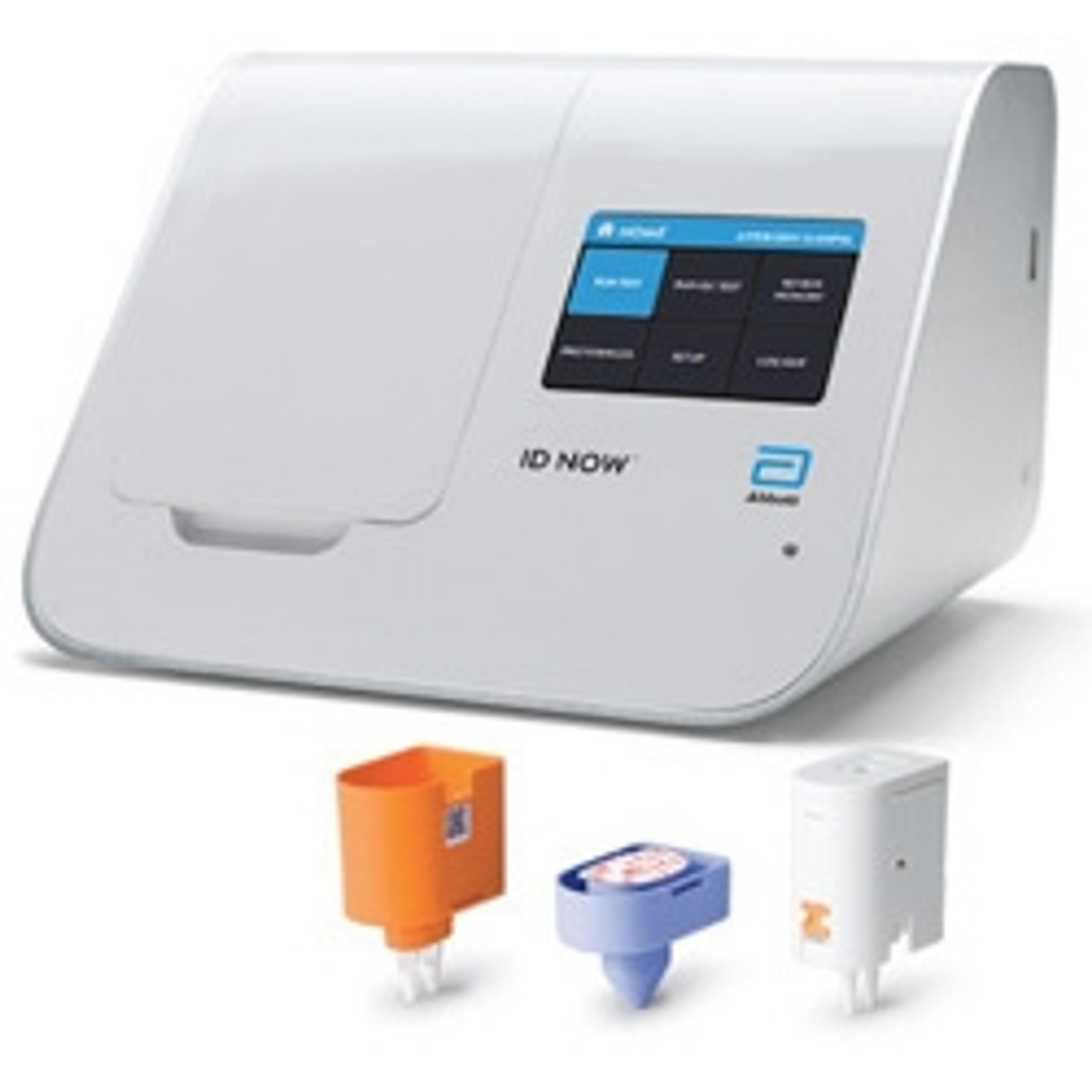Abbott receives U.S. FDA clearance for new cardiac mapping system to improve how doctors treat abnormal heart rhythms
The technology provides a 360-degree view of the heart, regardless of catheter orientation, for cardiac mapping without compromise
15 Jan 2022
Abbott has announced it has received clearance from the U.S. Food and Drug Administration for the EnSite™ X EP System with EnSite Omnipolar Technology (OT), a new cardiac mapping platform available in the U.S. and across Europe that is designed to help physicians better treat abnormal heart rhythms, also known as cardiac arrhythmias. Designed with input from electrophysiologists from around the world, the system creates highly detailed three-dimensional maps of the heart to help physicians identify and then treat areas of the heart where abnormal rhythms originate.
"More patients than ever before are benefitting from ablation to treat abnormal heart rhythms, and Abbott's new EnSite X System with EnSite OT, utilizing Advisor HD Grid catheter, embodies the latest innovation available to support the treatment of complex and challenging cardiac arrhythmias," said Amin Al-Ahmad, M.D., a clinical cardiac electrophysiologist with Texas Cardiac Arrhythmia at St. David's Medical Center in Austin, Texas. "To continue improving outcomes for our patients, we need a system with speed, stability and accuracy. Abbott has provided us with a system that not only supports safe and effective treatment, but enhances the accuracy of maps, allowing for a clearer understanding of what is going on in the heart and what areas need to be targeted with ablation to treat arrythmias."
This system includes Abbott's proprietary EnSite OT, which leverages the Advisor™ HD Grid Catheter to provide true electrograms (EGMs) regardless of how the catheter is oriented within the heart. With the ability to sample EGMs in 360 degrees, the EnSite X EP System with EnSite OT can map 1 million points in the heart and provide more precise location of treatment areas. Offering the best of both unipolar and bipolar measurement principles, the system provides mapping without compromise.
Millions of Americans are affected by abnormal heart rhythms caused by breakdowns in the electrical pathways of the heart. Left untreated, these breakdowns can lead to erratic heartbeats or cause the heart to beat too fast or too slow, which can dramatically impact a patient's health. Atrial fibrillation (AFib), the most common arrhythmia the EnSite X EP System with EnSite OT can help treat, is a condition in which the heart's chambers are out of sync, causing them to beat in a rapid and chaotic fashion. In some cases, untreated arrythmias like AFib may eventually lead to heart failure or stroke.
Increasingly, physicians are turning to cardiac ablation to treat cardiac arrhythmias because –unlike medication – the therapy treats the condition at the source by disrupting the area of the heart generating abnormal heart beats. Cardiac mapping is critical to successful ablation therapy because highly precise, accurate and detailed images of the heart allow physicians to determine the best location to deploy therapy safely and effectively.
"As ablation therapy is increasingly used for patients battling cardiac arrhythmias, new, innovative and advanced cardiac mapping and imaging tools are essential to help physicians provide the best outcomes for their patients," said Mike Pederson, senior vice president, electrophysiology Abbott. "We developed the EnSite X System with EnSite OT to enhance the utility of our unique Advisor HD Grid catheter and allow doctors to quickly and accurately create real-time, stable, three-dimensional models of the heart. These models provide a way to precisely identify areas that are causing problems, so physicians can better treat those abnormal heart rhythms, and preserve healthy tissue."
Reimagining the potential of cardiac mapping
In designing the EnSite X System with EnSite OT, Abbott created the platform to be upgradable via new software, ensuring physicians consistently have access to the latest technology without the need for entirely new systems. In addition, EnSite X EP System with EnSite OT is the first mapping system that allows physicians to choose between two methods of cardiac visualization.
Traditional mapping systems use either unipolar or bipolar measurement principles. While unipolar measurements have multiple advantages, including direction and speed, bipolar measurements provide local signal measuring to pinpoint areas of concern. The EnSite X System with EnSite OT brings the best of both measurement principles together to maximize data collection.
About cardiac ablation
When physicians use catheter ablation to treat cardiac arrhythmias, long flexible tools, called catheters, are inserted into the heart to study the arrhythmia and to deliver radio frequency energy. Heat generated from the radio frequency energy disrupts the cells that are creating the abnormal heart rhythm. As a result, this tissue is no longer capable of conducting or sustaining the arrhythmia.
Want the latest science news straight to your inbox? Become a SelectScience member for free today>>

